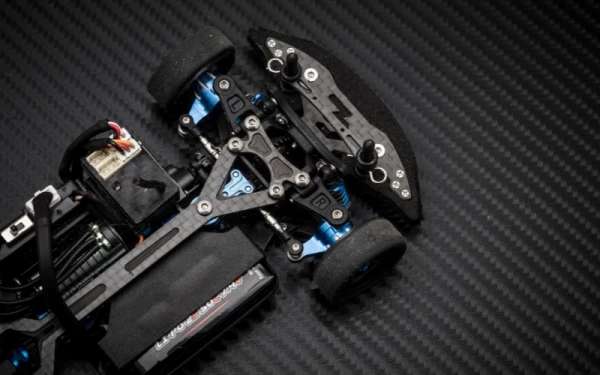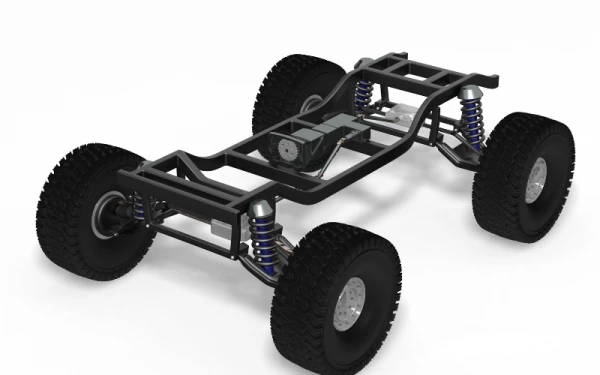Fact File: 2024 Automotive Cyber Security Risks & Challenges in 2024
May 08 by Steven WicksReflecting on the ever-evolving environment of cybersecurity, this fact file uncovers the top risks and challenges that the automotive industry is facing in January 2024: 1. The Impact of AI on Autom...
Light-weighting Solutions to Make Car Suspension Systems More Compact: Materials-Focused
May 08 by Friedhelm NattlandInterview with Friedhelm Nattland, Director of Engineering at Hendrickson
Interview: Semi-Active Suspension Systems
May 08 by Hans GijrathHans Gijrath at Tenneco sheds light on the balance between comfort, agility, and stability in semi-active suspension systems, detailing Tenneco's innovative approaches to address evolving market trend...
PHEVs: The US Automotive Industry Shifts Gears
April 25 by Automotive IQOur latest insights piece explores the growth of Plug-In Hybrid Electric Vehicles (PHEVs) in the US, and the impact the move will have on future vehicle manufacturing.
How to Simulate Perception Systems to Reduce Physical Testing Effort
April 19 by Ahmed YousifAhmed Yousif at Valeo addresses the major challenges for automated driving, focusing on simulation, testing, validation, and homologation, as well as the differences between L2, L2+, and L3 of autonom...
Reducing Brake Particle Emissions to Comply with Euro 7
April 18 by Steven WicksThis report investigates what the braking industry is doing to meet the requirements of Euro 7
The Impact of Software-Defined Vehicles on the Automotive Industry
April 18 by Frank GhenassiaAutomotive IQ interviewed Frank Ghenassia, Executive Chief Architect at General Motors to understand the impact of SDVs on the Automotive industry.
A Comprehensive Guide to UNECE R155/R156 Compliance
April 17 by Darren ShelcuskyDarren Shelcusky at Ford Motor Company shares crucial insights on navigating automotive cybersecurity regulations
Functional Safety Priorities for 2024: NXP Semiconductors Interview
April 17 by Franck GaltieInterview with four industry leaders from NXP Semiconductors on the functional safety priorities for 2024
Practical Strategies to Reduce Dependency on Rare Earth Materials
April 17 by Dr. João BonifácioWanting to understand how or if this could be done, Automotive IQ spoke with Dr. João Bonifácio at ZF Group to learn insights on reducing rare earth materials, improving efficiency in doing so and wha...
The Functional Safety Week Podcast Part 1: Gareth Price at Eatron Technologies
April 11 by Steven WicksGareth explains the safety considerations for HV and LV battery management systems and Eatron's involvement in both. What is the impact of the gaps in standards for HV and LV battery development? Gar...
The Functional Safety Week Podcast Part 2: Eatron Technologies
April 11 by Steven WicksWith the rapid development of new technology and new thinking, there is a challenge for standards and regulation bodies to ensure the relevant guidance exist.





















